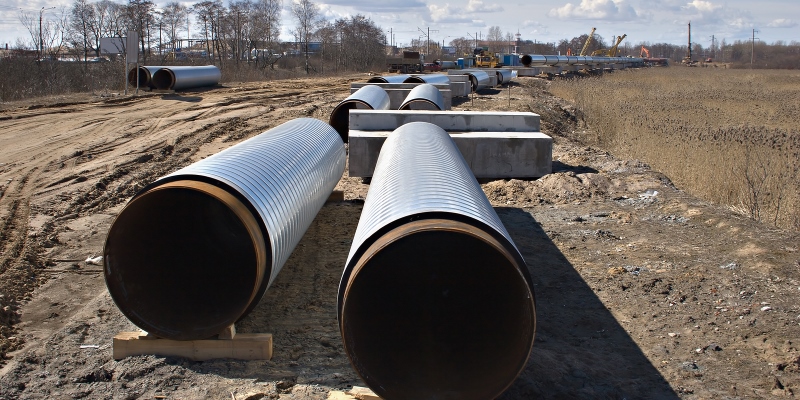With latest Keystone court ruling, the oil blockade continues

With his recent ruling, which again delays TransCanada’s Keystone XL pipeline project pending further environmental review, Montana District Court Judge Brian Morris has thrown yet another wrench in the gears of Canada’s oil and gas sector. Keystone XL was assumed by many to be a done deal when President Trump approved the project in March 2017.
Alberta’s economy has been sorely afflicted in recent years. A major factor in that affliction was, of course, due to world oil prices plummeting in 2014. Limited pipeline capacity, which leads to Canadian oil producers fetching a depressed price for Canadian oil, exacerbated Alberta’s economic woes.
Several metrics indicate that oil and gas investment in Alberta is in steep decline.
According to a report by the Canadian Association of Petroleum Producers, capital investment in Canada’s oil and natural gas in 2017 was $45 billion—down 44 per cent compared to $81 billion in 2014, before oil prices collapsed. Thursday night’s Keystone ruling can only exacerbate this problem. Investors were banking on the pipeline’s capacity coming online to relieve some of the bottlenecks facing Canada.
Two things stand out in the reporting of Judge Morris’ decision.
First, he ruled that the U.S. State Department (under then-President Obama) did not conduct a sufficient review of potential environmental damages including long-term harm caused by climate change. Yet in 2014, the State Department reported that Keystone XL would produce fewer greenhouse gas emissions than transporting the same oil by rail to the Gulf of Mexico.
Moreover, according to Reuters, the judge said the State Department’s analysis “failed to fully review the effects of the current oil price on the pipeline’s viability, nor fully model potential spills and offer mitigation measures.” The first part of this statement, regarding analysis of oil prices, is somewhat absurd. As a timeline of the Keystone XL process shows, the State Department was conducting its review in 2010 when it could not predict fluctuations in world oil prices in 2018. The implication of this ruling is that when one proposes a project, one must maintain a running economic analysis, no matter how long a project is delayed by obstructionists.
The latest delay of Keystone XL, likely by at least a year, is another blow to Canada, a particularly sharp blow to Alberta, and perhaps the nail in the coffin of “social license,” which is now, quite clearly, unobtainable at any price—anywhere—for any major oil project. It’s now up to Prime Minister Trudeau to break the blockades of Canada’s oil in the Prairies, if Canada is to benefit from the world’s third-largest oil reserves.
Author:
Subscribe to the Fraser Institute
Get the latest news from the Fraser Institute on the latest research studies, news and events.

